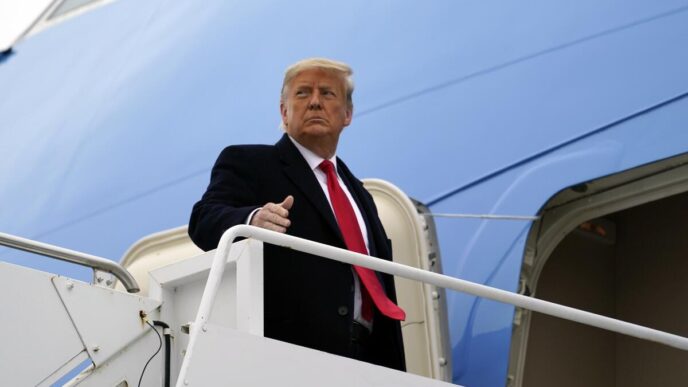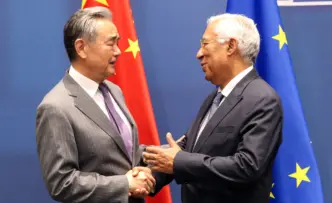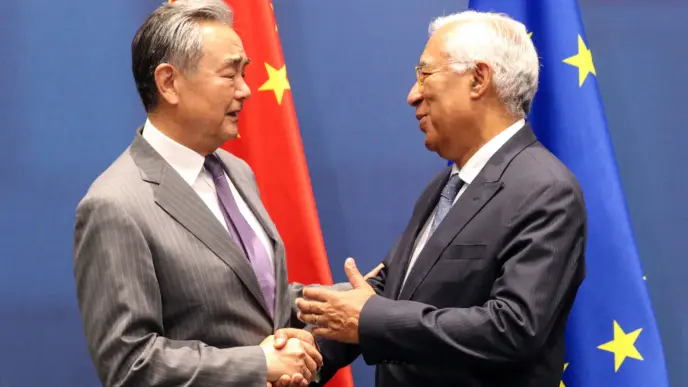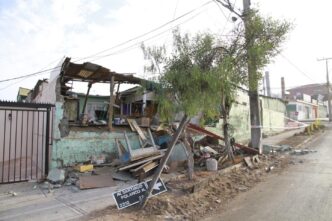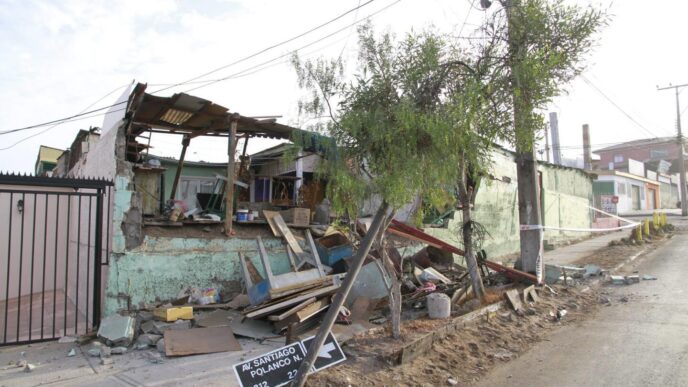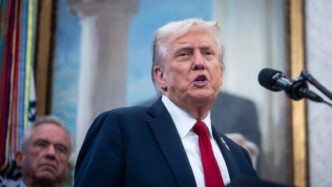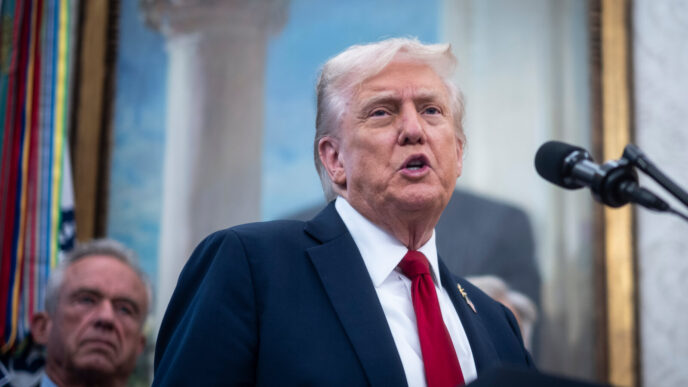Argentine President Javier Milei celebrated his party’s overwhelming win in Sunday’s midterm elections, calling it a “turning point” for the nation and pledging to advance his agenda of reducing government size and deregulating the economy.
Milei’s small La Libertad Avanza (LLA) party made a comeback from previous setbacks to secure 40.84 per cent of the congressional votes, significantly surpassing the opposition in a poll closely observed by anxious investors. He expressed his intention to proceed with reforms, predicting that this would be “the most reformist Congress in Argentina’s history.”
“Today we reached a turning point, today begins the construction of a great Argentina,” the 55-year-old president told supporters at a victory party in Buenos Aires.
U.S. President Donald Trump, a close supporter, praised Milei and remarked that his Argentine counterpart was doing a “wonderful job!”
On Sunday, half of the seats in the Chamber of Deputies and a third of the Senate seats were up for election.
Milei said that LLA had more than tripled its representation, securing 101 seats in the lower house, the Chamber of Deputies, up from 37, and 20 Senate seats, up from six.
The elections marked the first national assessment of Milei’s backing since he assumed office two years ago, promising to revitalise the country’s struggling economy through a range of difficult reforms.
The period leading up to the election was characterised by a rush on the national currency, the peso, which compelled Milei to seek financial support from Trump.
Washington offered an unprecedented $40 billion assistance package, but the aid came with a caution from Trump to the Argentine people that he would not be “generous” if the election did not favour Milei.

With a turnout of 67.9 per cent, the participation rate was the lowest for a national election in 40 years, indicative of widespread disenchantment with the political establishment. The most unexpected results were seen in Buenos Aires province. In this traditional Peronist stronghold, LLA rebounded from a defeat by the Peronists in last month’s local elections to a competitive situation.
Since taking office in December 2023, former TV personality Milei has eliminated tens of thousands of public-sector jobs, halted public works, reduced funding for health, education, and pensions, and initiated a significant deregulatory movement.
His reforms have been criticised for initially pushing millions of Argentines further into poverty, though they reduced inflation by two-thirds — much to the relief of many — at the cost of declining economic growth, consumption, and manufacturing.
Investors began abandoning the Argentine peso last month amid concerns about the economy and support for Milei, but Trump intervened to bolster his closest ally in Latin America.
In recent weeks, the U.S. Treasury has made several interventions in the market, purchasing pesos to help stabilise it.
Before the election, there were high expectations that the government might devalue or depreciate the peso, which was widely perceived as too strong, right after the vote.


 Trending
Trending 



